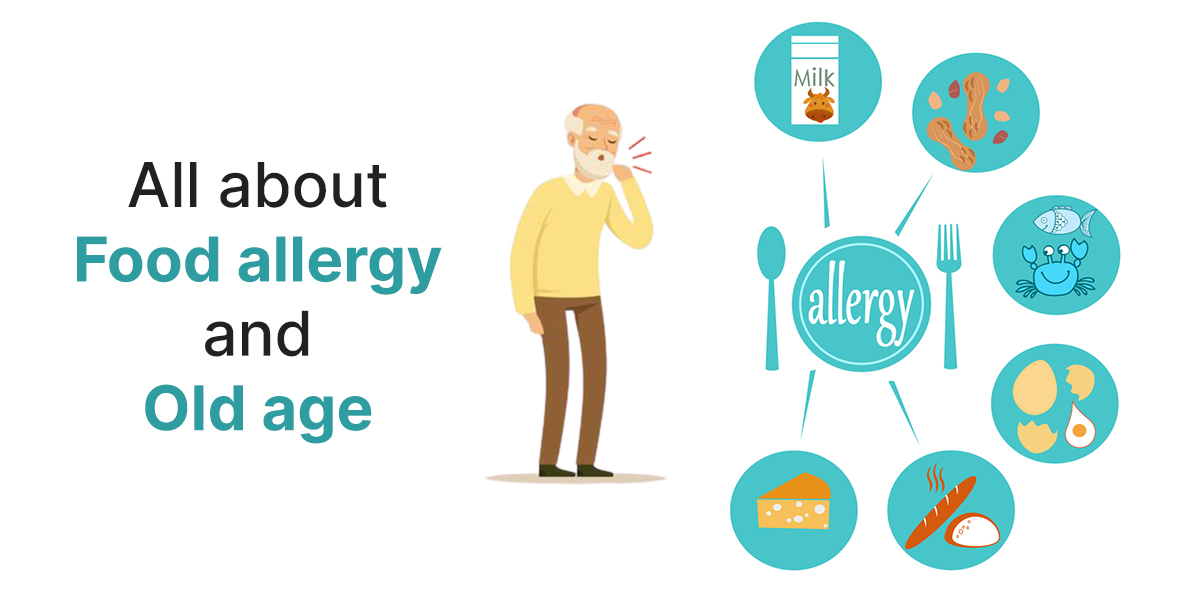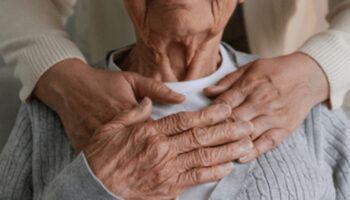The global demographic distribution of people is changing rapidly. Interestingly, the proportion of the geriatric population is on the rise in most societies. That entails the need to evaluate the impact of the common diseases as elders are more vulnerable due to frailty, comorbidities, medication side-effects and compromised immune systems.
Food allergy in seniors is one such frequent complaint that is a growing cause of concern these days. The reactions that occur as a consequence can lead to serious and life-threatening situations even if traces of such offensive foods are consumed by the elderly. The problem of food allergies must not be ignored as it is directly involved with the immune system. Assisted Living facilities like Athulya Living provide customized menu plans for all senior residents. Tasty platters with safe ingredients are served during all mealtimes here to promote their fitness and well-being.
What Causes Food Allergies?
An antigen called Immunoglobin E (IgE) is produced in the body of people suffering from food allergy. When a wrong food is consumed, its allergen gets bound to these antibodies triggering the immune cells to release histamines and other harmful chemicals. This causes several allergy symptoms and medical complications. Hence, consuming the right diet plays a vital role in maintaining senior health
Symptoms
- Mild signs- Skin rash, nasal congestion, sneezing, red patches in the eyes
- Severe signs-Breathing difficulties including shortness of breath, decrease in blood pressure, inflammation of the tongue, lips and throat
Detection and Management
Food allergies are often confused with food intolerance. The latter occurs due to the inability of the digestive system to fully break down certain kinds of foods and metabolize them properly. Normally, it is likely that when small quantities of such foods are eaten, they do not cause major noticeable reactions due to intolerance. On the contrary, food allergies can have serious implications. They can be accurately detected by four methods-
- Skin prick test involves the injection of a small amount of food allergen to the skin and examining the irritation it causes.
- Blood tests to detect the level of IgE antibodies and determine the probable triggers.
- Oral Food Challenges (OFC) wherein small samples of offensive foods are given to the patient and the reactions are carefully observed so as to eliminate the unsuitable items from the diet.
- Food elimination diet in which the harmful foods are removed from the meal plan incrementally in a finite duration. This is done under close monitoring to accurately determine the cause of allergy symptoms.
Food allergies must be managed properly by taking the necessary precautions. The initial step involves clear identification of foods that are allergic to the body. This must be followed by strict and active avoidance of such edible items in the daily diet of elders. Families and caregivers who prepare meals should also ensure that they fully and clearly read the labels on all food products to prevent cross-contamination and unwanted interactions between ingredients while cooking. It is also advisable to have the emergency medications in hand at all times to combat the effects of food allergies whenever they occur.
Good Food Habits for Seniors
- Have a regular meal plan that includes a balanced and nutritious diet. Plenty of fresh fruits and vegetables, fibrous foods like millets, other healthy carbohydrates, low-fat dairy products and proteins are highly recommended. Seniors, especially, must be aware of millets and its benefits as this fibre-laden food significantly boosts the immunity levels, promotes heart health, strengthens the bone matrix and supports body repair mechanisms.
- Ensure that you eat the right kind of foods to maintain weight and combat obesity. For this, the carbohydrate and processed food intake must be minimized and substituted by a good protein Diet for seniors to maintain satiety. Pulses, fish, chicken, egg whites and yogurt are examples of proteins that help in controlling the calories and maintaining muscle strength.
- Consume anti-inflammatory foods that are enriched with antioxidants like legumes, avocadoes, olive oil, fruits and vegetables. Taking these foods in moderation reduces inflammation in the body and extends the lifespan of elders.
- Drink plenty of water and healthy beverages like soups and fruit juice daily for maintaining healthy kidneys. These fluids ensure that the toxins are completely excreted from the body and also prevent dehydration.





